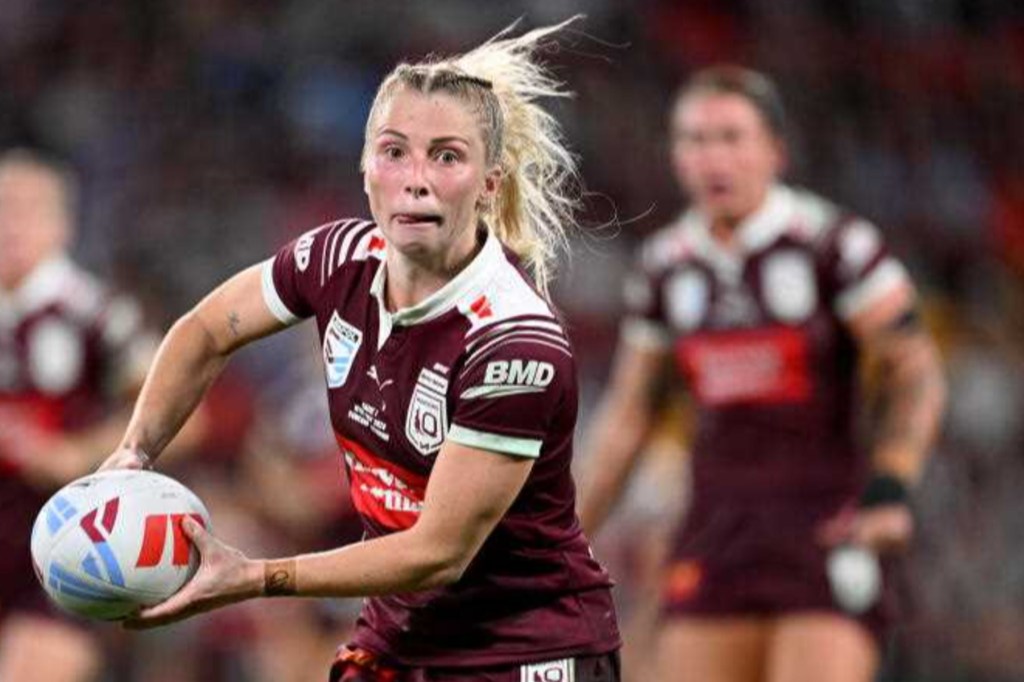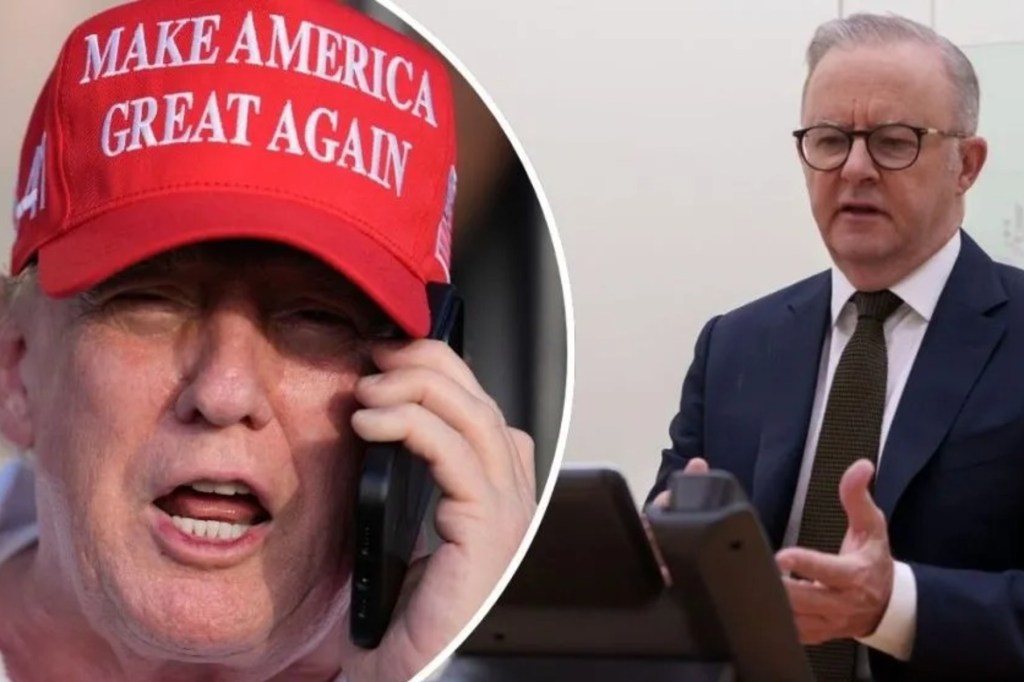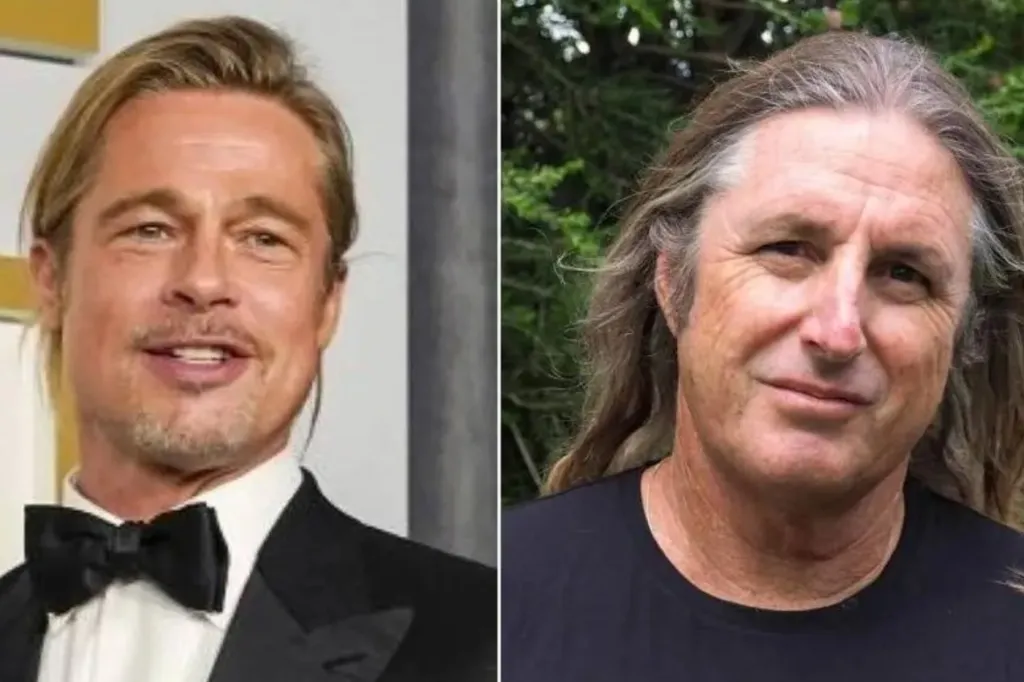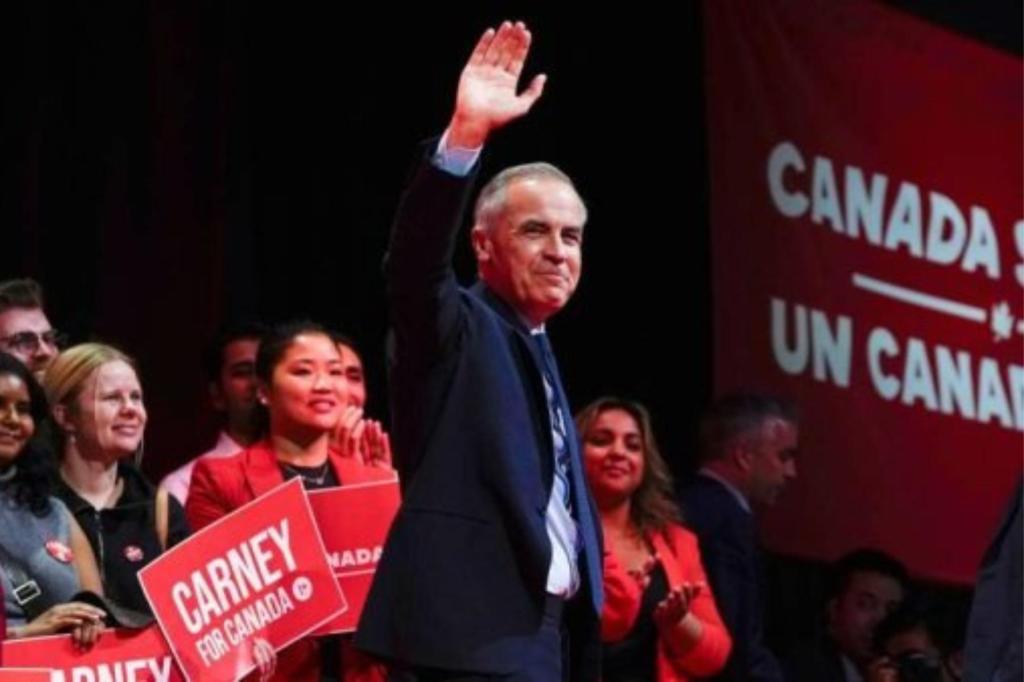Canadian PM blames party infighting for early exit
Canadian Prime Minister Justin Trudeau says he will step down in the coming months after nine years in power, bowing to pressure from MPs alarmed by his Liberal Party’s miserable showing in pre-election polls.
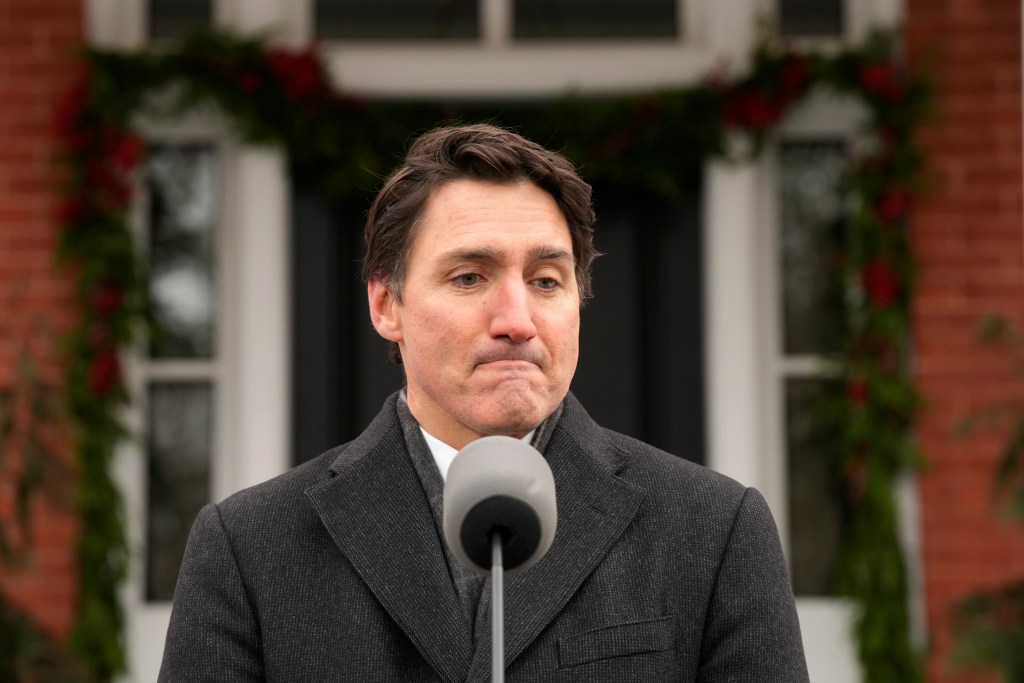
A subdued Trudeau, among the most prominent progressive leaders in the world, told a press conference he would stay on both as prime minister and Liberal leader until the party chooses a new chief within months.
“This country deserves a real choice in the next election, and it has become clear to me that if I’m having to fight internal battles, I cannot be the best option in that election,” Trudeau said on Monday.
He also announced parliament would be prorogued, or suspended, until March 24.
That means an election is unlikely before May at the earliest, so Trudeau will remain in charge – at least initially – of dealing with the threat of crippling tariffs once US President-elect Donald Trump takes office on January 20.
The next election must be held by late October and polls show voters angry over high prices and a shortage of affordable housing will elect the opposition Conservatives and hand the Liberals a resounding defeat, no matter who leads the party.
You might like
In recent weeks, unhappy Liberal MPs openly called on Trudeau to quit after his finance minister resigned and accused him of “political gimmicks” to win back voters.
“I am not someone who backs away from a fight, particularly when a fight is as important as this one is,” Trudeau told reporters outside his residence as temperatures dipped to minus 15C.
“But I have always been driven by my love for Canada … and it has become obvious to me with the internal battles that I cannot be the one to carry the Liberal standard into the next election.”
Trudeau, 53, took office in November 2015 with a message of hope and “sunny ways” and won reelection twice, becoming one of Canada’s longest-serving prime ministers and winning plaudits from progressives for his focus on gender parity policies.
Stay informed, daily
But his popularity started dipping two years ago as prices of groceries and housing rose in the post-COVID period, and his fortunes never recovered.
Parliament was originally due to resume on January 27 and opposition parties had vowed to bring down Trudeau’s minority government as soon as they could.
But with parliament returning only on March 24, the earliest they could present a non-confidence motion would be some time in May.
Trudeau said he had asked the Liberal Party to set in motion a leadership contest but did not say how long it would take. A new party leader would become prime minister immediately, and lead the Liberals into the next election.
Liberal infighting has alarmed business groups and the premiers of the country’s 10 provinces, who say Ottawa has to focus on possible tariffs from the Trump administration.
Trudeau had until recently been able to fend off Liberal legislators worried about the poor showing in polls and the loss of safe seats in two special elections last year.
The Conservatives are led by Pierre Poilievre, a career politician who rose to prominence in early 2022 when he supported truck drivers who took over the centre of Ottawa as part of a protest against COVID-19 vaccine mandates.
“While leaderless Liberals focus on saving their jobs and fighting each other for power, the country spirals out of control,” Poilievre said in a statement, reiterating calls for an immediate election.
Trump, speaking on Monday before Trudeau’s announcement, said he was looking forward to working with Poilievre if he won the next Canadian election.
